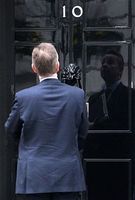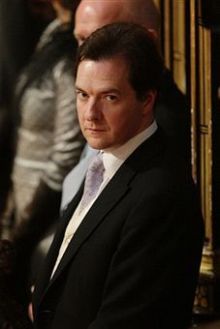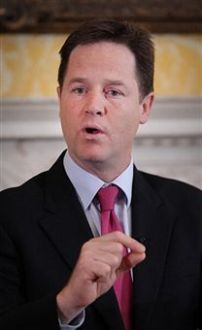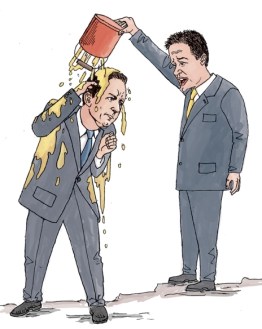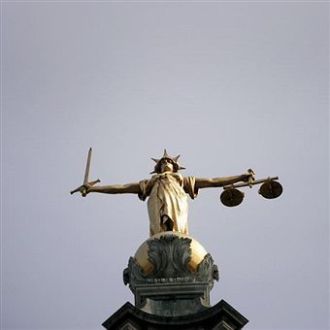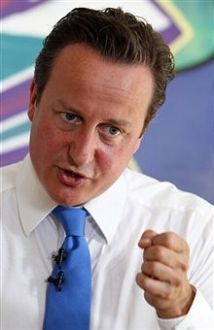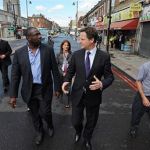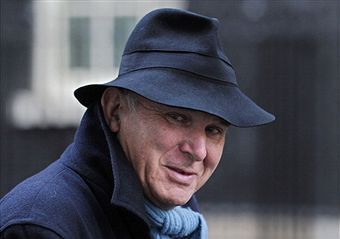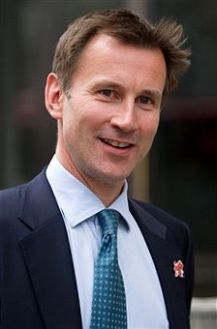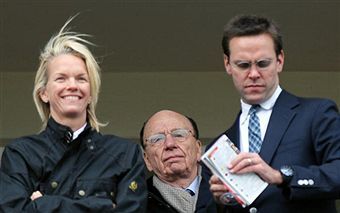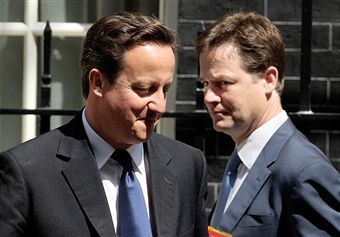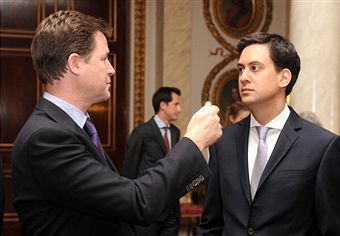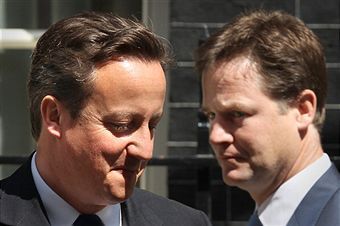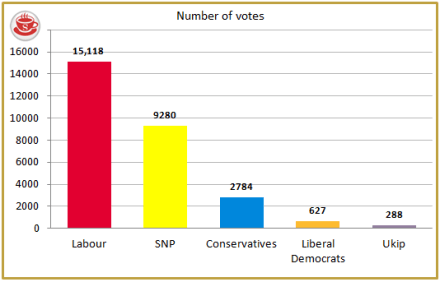The Swedish case for school profits
Should state schools be able to make a profit? We asked this of you on our Coffee House poll this week. 71 per cent of you said yes, and with good reason. Profit-seeking companies expand when demand is strong: that’s what you want good schools to do. But successful schools not seeking profit have no incentive to expand: it’s an easier life just to let the waiting list grow and jack up the fees. This month, 24 new ‘free schools’ will open – eventually able to educate 10,000 pupils. But to keep pace with the boom in primary school pupils, we’d need an extra 400 primaries alone. Will the ‘free
